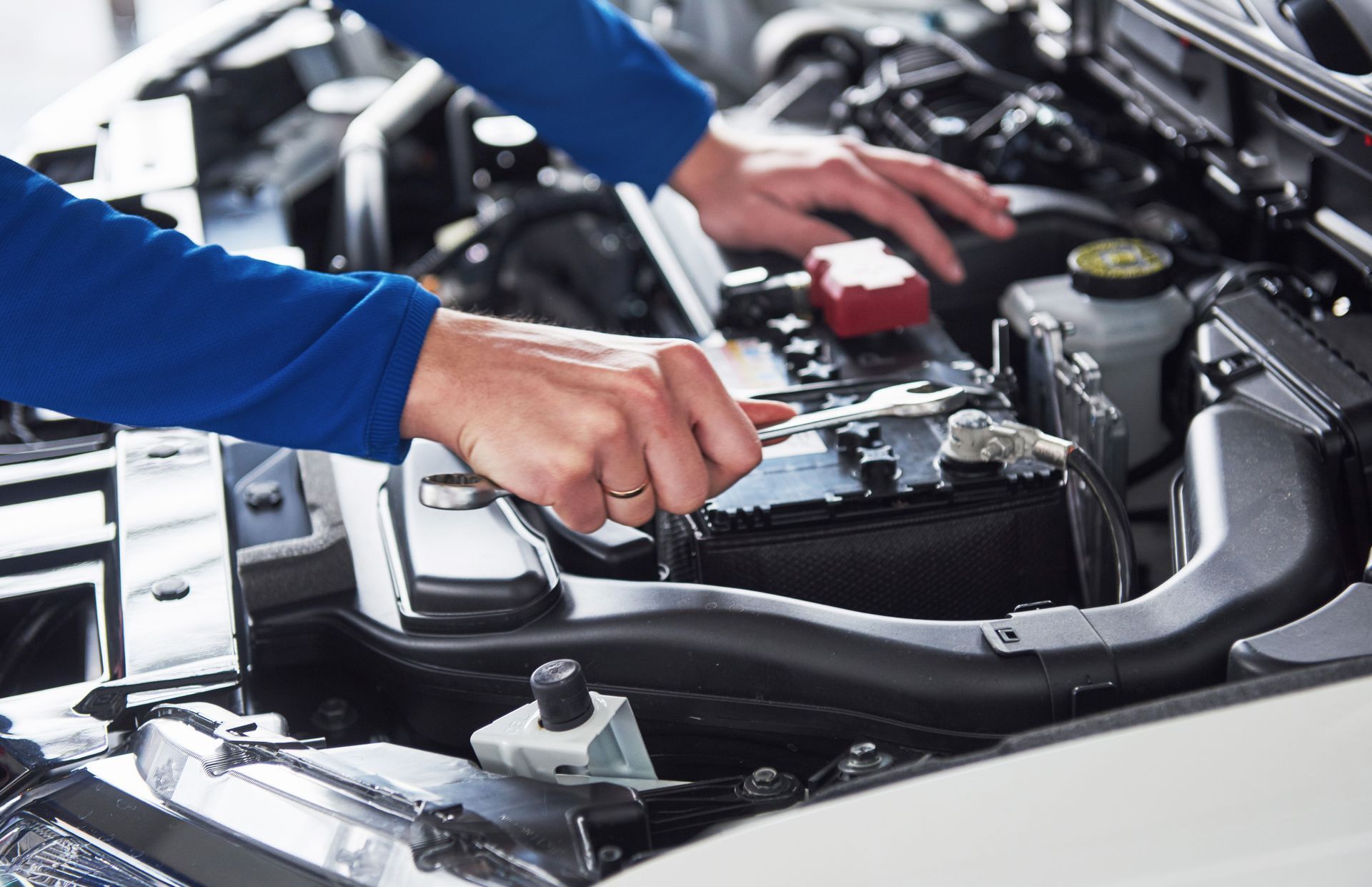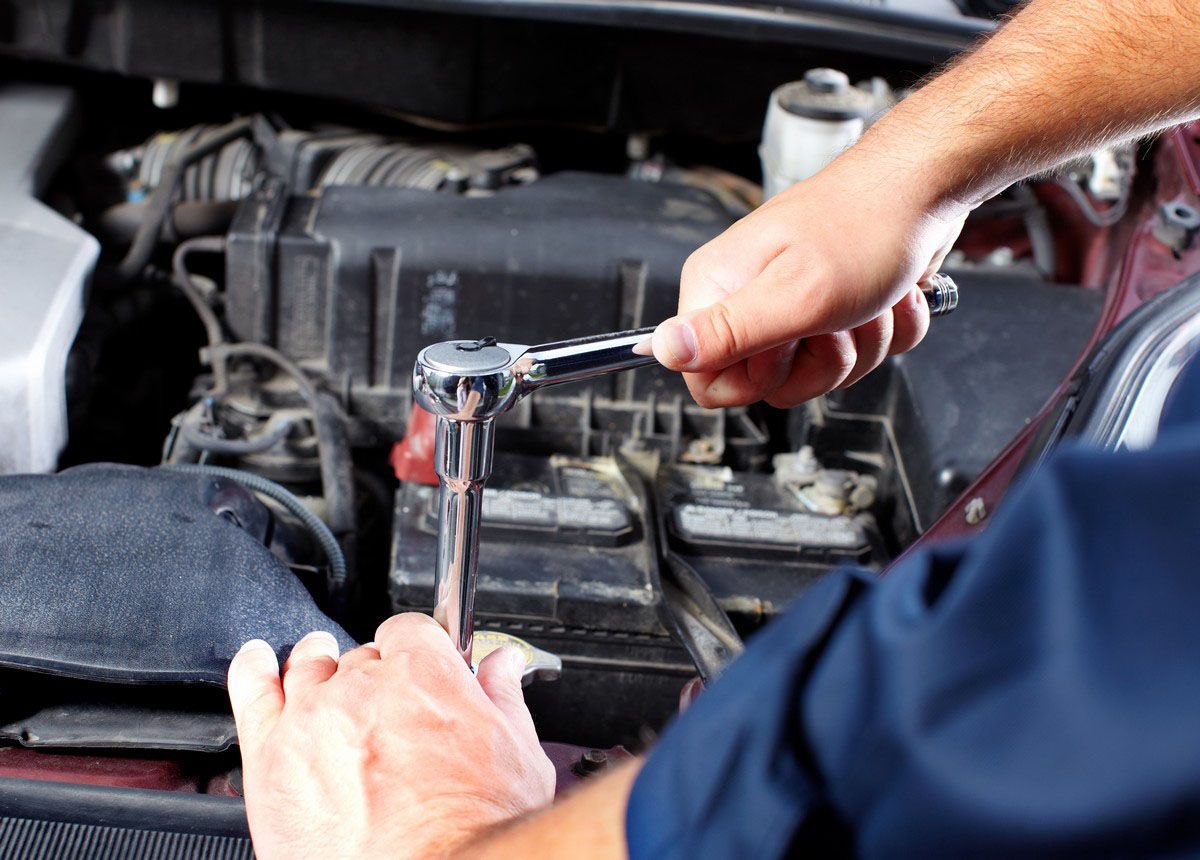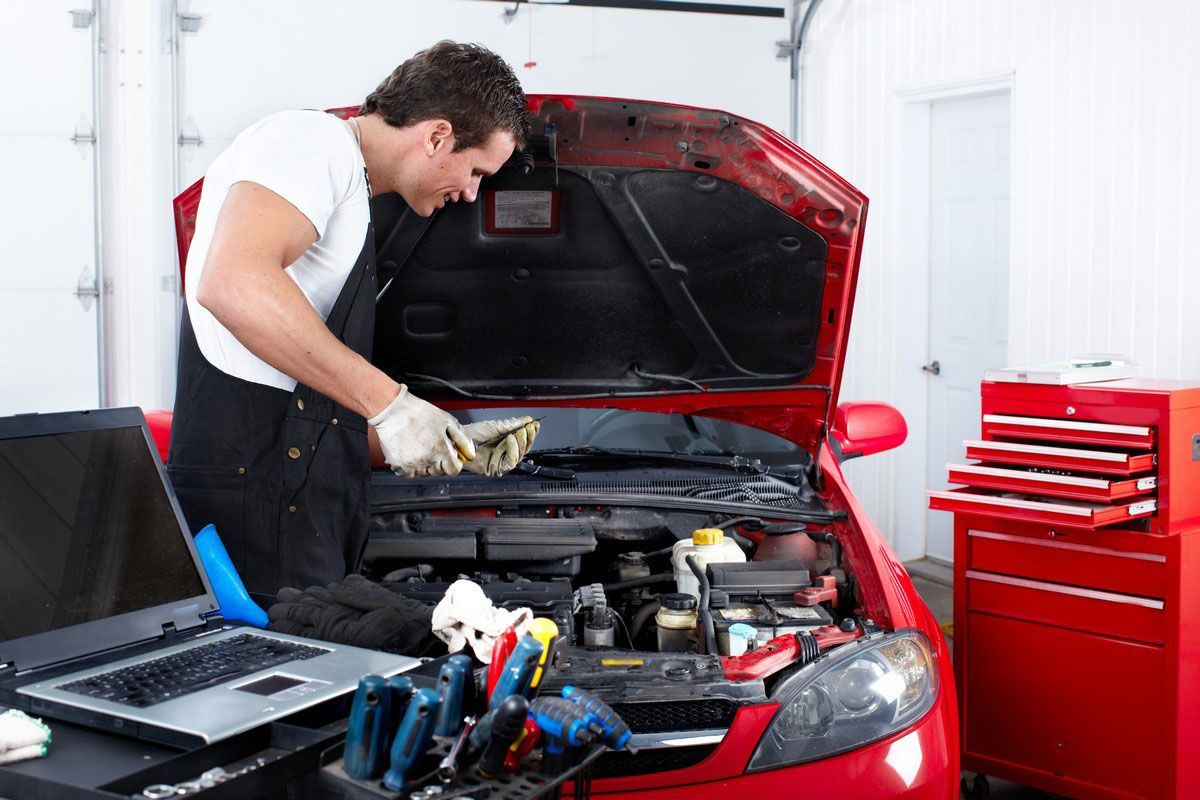October 28, 2025
The role of mechanics in today’s society extends far beyond simply fixing cars. As vehicles become increasingly complex, the demand for skilled mechanics continues to rise. From maintaining traditional gas-powered engines to servicing hybrid and electric vehicles, mechanics are essential to keeping transportation systems running smoothly. According to IBISWorld, the U.S. auto mechanics industry is projected to reach a market size of $89.6 billion in 2025, reflecting both the growing need for professional services and the expanding technological demands in the field.
Mechanics play a critical role not only in the safety and efficiency of vehicles but also in the economic stability of communities. Well-maintained cars and trucks reduce the likelihood of accidents and breakdowns, enabling individuals and businesses to rely on dependable transportation. This article explores the importance of mechanics, the evolving challenges they face, and how they continue to shape the transportation industry.
The Core Responsibilities of Mechanics
Mechanics perform a wide range of tasks, from routine maintenance to complex diagnostics. Their work begins with understanding the intricate systems that make up modern vehicles, including engines, transmissions, brakes, and electronic components. Mechanics must be adept at identifying potential issues before they become major problems, which often requires a combination of hands-on experience and advanced diagnostic tools.
Routine services such as oil changes, brake inspections, and tire rotations are just the beginning. Mechanics also troubleshoot engine performance issues, repair electrical systems, and ensure that vehicles comply with safety and emissions standards. In many ways, mechanics are both problem solvers and educators, guiding vehicle owners on proper maintenance to extend the life of their cars.
Moreover, mechanics are increasingly required to keep up with the growing integration of computer systems in vehicles. Modern cars rely heavily on sensors, onboard computers, and software updates. Mechanics who can interpret these digital signals and translate them into actionable repairs are in high demand, highlighting the evolving skill set needed in today’s industry.
How Technology Is Transforming the Mechanics Profession
Advancements in automotive technology have significantly changed the way mechanics operate. Electric vehicles, hybrid systems, and automated driving features have introduced new challenges that require specialized knowledge. Mechanics now need training in battery management systems, regenerative braking, and advanced diagnostics to keep up with these developments.
The shift toward electric vehicles is particularly notable. Traditional mechanics may have relied primarily on mechanical skills, but servicing electric cars requires an understanding of high-voltage systems and electronic controls. This transition has prompted the development of new training programs and certifications, ensuring mechanics are equipped to handle emerging technologies.
In addition, technology has enhanced the efficiency of repairs. Diagnostic tools and software allow mechanics to pinpoint problems more accurately and reduce the time required for troubleshooting. This integration of technology into the mechanics profession not only improves repair quality but also increases customer satisfaction by minimizing downtime.
The Economic Impact of Mechanics on Communities
The work of mechanics extends beyond individual vehicles to influence the broader economy. Reliable transportation is essential for commuting, delivery services, and commercial operations. Mechanics ensure that vehicles remain safe and functional, supporting the movement of goods and people. Without skilled mechanics, supply chains would face significant disruptions, and local economies could suffer.
According to IBISWorld, the U.S. auto mechanics industry is projected to reach a market size of $89.6 billion in 2025. This growth highlights the industry’s significant economic impact, as it generates jobs, supports training programs, and contributes to local tax revenue. Communities with access to skilled mechanics benefit from more stable transportation networks, fewer vehicle-related accidents, and increased consumer confidence.
Mechanics also play a role in reducing environmental impacts by performing maintenance that improves fuel efficiency and lowers emissions. Properly tuned engines, well-maintained brakes, and correctly inflated tires all contribute to reduced fuel consumption, demonstrating how mechanics influence both economic and environmental outcomes.
The Challenges Facing Modern Mechanics
Despite the increasing demand for skilled mechanics, the profession faces several significant challenges. One of the most pressing is the ongoing need for education and training. As vehicles become more technologically sophisticated, mechanics must continually update their knowledge and skill set to remain effective. Modern cars increasingly rely on advanced electronics, software systems, and hybrid or electric powertrains, which require mechanics to learn specialized techniques and troubleshooting methods. This continuous education can be both time-consuming and costly, especially for smaller repair shops that may have limited resources to invest in training programs or new diagnostic equipment.
Another challenge is the shortage of qualified mechanics in certain regions. While the industry is projected to grow, many areas struggle to recruit and retain talent, creating a gap between demand and available expertise. This shortage can result in longer wait times for vehicle repairs, higher labor costs, and increased overall expenses for vehicle owners. It can also put additional pressure on existing mechanics, who may face heavier workloads and extended hours, potentially affecting both the quality of service and job satisfaction.
Additionally, the rise of automated and connected vehicles introduces new safety and technical concerns. Mechanics must now adapt to servicing vehicles equipped with autonomous features, advanced driver-assistance systems, and connected software platforms. This requires not only mechanical expertise but also a deep understanding of complex software systems, data management, and cybersecurity measures to ensure that vehicles operate safely and efficiently. Meeting these demands while maintaining high quality and safety standards is an ongoing challenge for the mechanics profession.
Strategies for Success in the Auto Industry
Mechanics looking to succeed in the modern automotive landscape must adopt several key strategies. Continuous education is paramount, as staying current with industry trends and emerging technologies ensures that mechanics remain competitive. Many professionals pursue certifications, attend workshops, and engage in hands-on training to enhance their skills.
Investing in modern tools and diagnostic equipment is also essential. Mechanics who can leverage advanced technology can perform repairs more efficiently, reducing labor time and improving customer satisfaction. Maintaining strong relationships with suppliers, manufacturers, and other industry professionals can further support success by providing access to the latest parts and technical resources.
Customer service remains a vital component of a successful mechanic's career. Clear communication, transparency, and reliability help build trust and repeat business. Mechanics who take the time to explain repairs and educate clients on vehicle care often develop loyal customer bases, which in turn supports long-term career stability.
Finally, embracing sustainability and environmental responsibility can differentiate mechanics in a competitive market. Offering services that improve fuel efficiency, reduce emissions, and responsibly handle waste aligns with broader societal trends and enhances the reputation of individual mechanics and repair shops.
Mechanics are essential to the functioning of modern transportation, providing critical services that ensure safety, efficiency, and reliability. As vehicles become increasingly complex, the skills and knowledge required of mechanics continue to evolve. From traditional maintenance tasks to advanced diagnostics and electric vehicle repairs,
mechanics play a vital role in keeping society moving.
With the U.S. auto mechanics industry growing rapidly, it's clear that the profession remains a cornerstone of both economic and community stability. By embracing technology, pursuing continuous education, and maintaining strong customer relationships, mechanics can navigate challenges and thrive in a rapidly changing industry. Their expertise ensures that vehicles run smoothly, communities remain connected, and the automotive industry continues to grow. If you need a mechanic you can rely on, reach out to J & J Towing and Service Center today!






